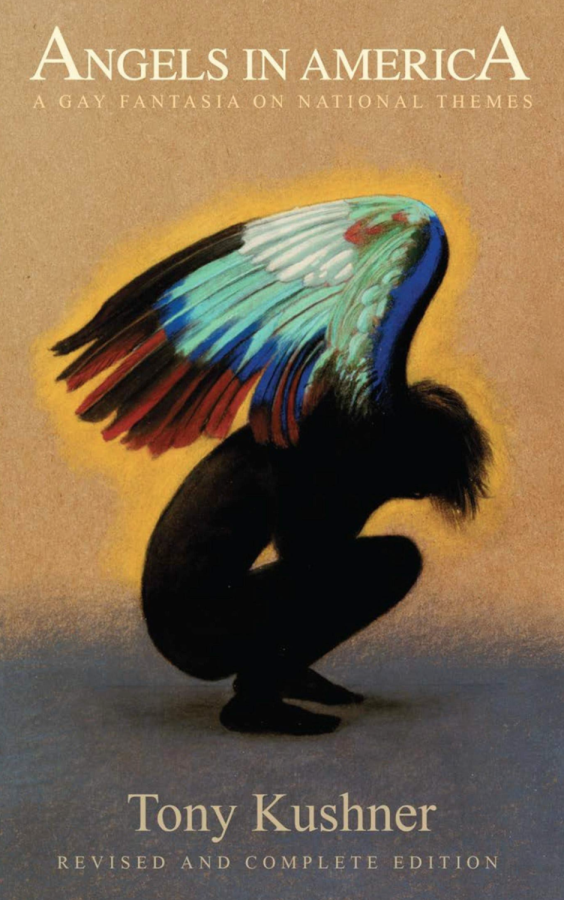The 2023 Women’s World Cup recently came to a close, ending a monthlong run of spectacular play from the world’s best female soccer players. Held in Australia and New Zealand, this year’s World Cup was filled with talent, success, heartbreak, and, at times, controversy, ultimately ending with Spain as the victors in a gritty match with England. Read on to learn more about the outcome and significance of this year’s World Cup.
Viva Espana!
After an exhilarating match against England in the final of the World Cup, Spain walked away with the victory. Pulling out the win against a powerful English team (and the reigning European champions) the Spanish women’s team won its first World Cup in program history. With this win from La Roja, Spain joins Germany as the only team to win both a women’s and a men’s World Cup championship. With a singular goal scored by Olga Carmona in the 29th minute, Spain outplayed England to the final second. Despite their loss, the English national team made history with their appearance and performance in the final game, as the English women progressed further into the tournament than any other previous English team had.
Despite an impressive performance on the pitch, the press has put much focus on Spain’s off-field problems. Due to conflicts over the last year between some of Spain’s best players, their coaches and technical staff, and Spain’s governing body, many of Spain’s best players declined to participate in this year’s tournament, leaving a lasting negative undertone on the team’s chemistry. Videos that surfaced on social media throughout the tournament, including awkward moments between coaches and players, show the sour mood shared by many members of the Spanish team and support staff.
Although their lingering disputes provide an interesting lens with which to look at their championship run, Spain’s remarkable performance throughout the entire World Cup was exciting, inspiring, and record-breaking.
Shock, Surprise, and Squabbles: A Historically Short Run for the US Women
Going in, the United States women’s team was an automatic frontrunner: Their recent success on the world stage set them up for a great run in this year’s World Cup. Despite this record, however, the American team fell at the hands of a talented Swedish roster, their earliest loss in an international tournament in 12 years. Despite a disappointing performance against Portugal, their knock-out match saw the US take a spectacular 21 shots, only to be blocked by an outrageous performance by Swedish goaltender Zećira Mušović. With a 0-0 score at the end of regulation, the United States failed to convert successfully on penalty kicks, leading to their loss and subsequent elimination from the tournament.
Because of the high expectations placed on the American women by both the national and international community, their loss shocked the country and the world, perhaps because of the incredibly close nature of the game. Throughout their World Cup run, the team faced backlash over their supposed “lackluster” style of playing. Broadcasters, such as former USWNT player Carli Lloyd, accused the team of playing lazily after their tie with Portugal, and footage of players taking photos with fans after their tie led many on the Internet to speculate that the players didn’t care about their so-called unimpressive performance. In the end, despite the mixed ways in which their actions were received, the USWNT’s crushing loss marked the end of a long winning streak for the team, and the end of a career for noteworthy players like Megan Rapinoe.
A World Cup for the Books
Overall, this year’s Women’s World Cup delivered on excitement, intrigue, and out of this world performances. Putting aside the wins and losses, this tournament proved the growing depth of talent in the international community, creating even more anticipation for the next World Cup.






























